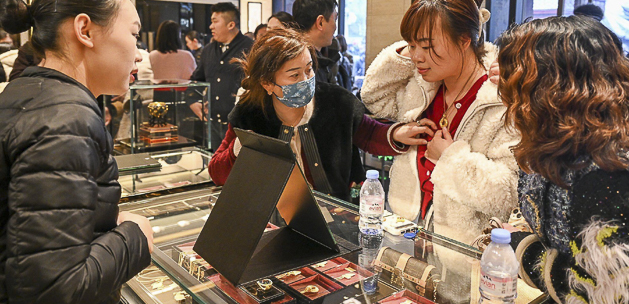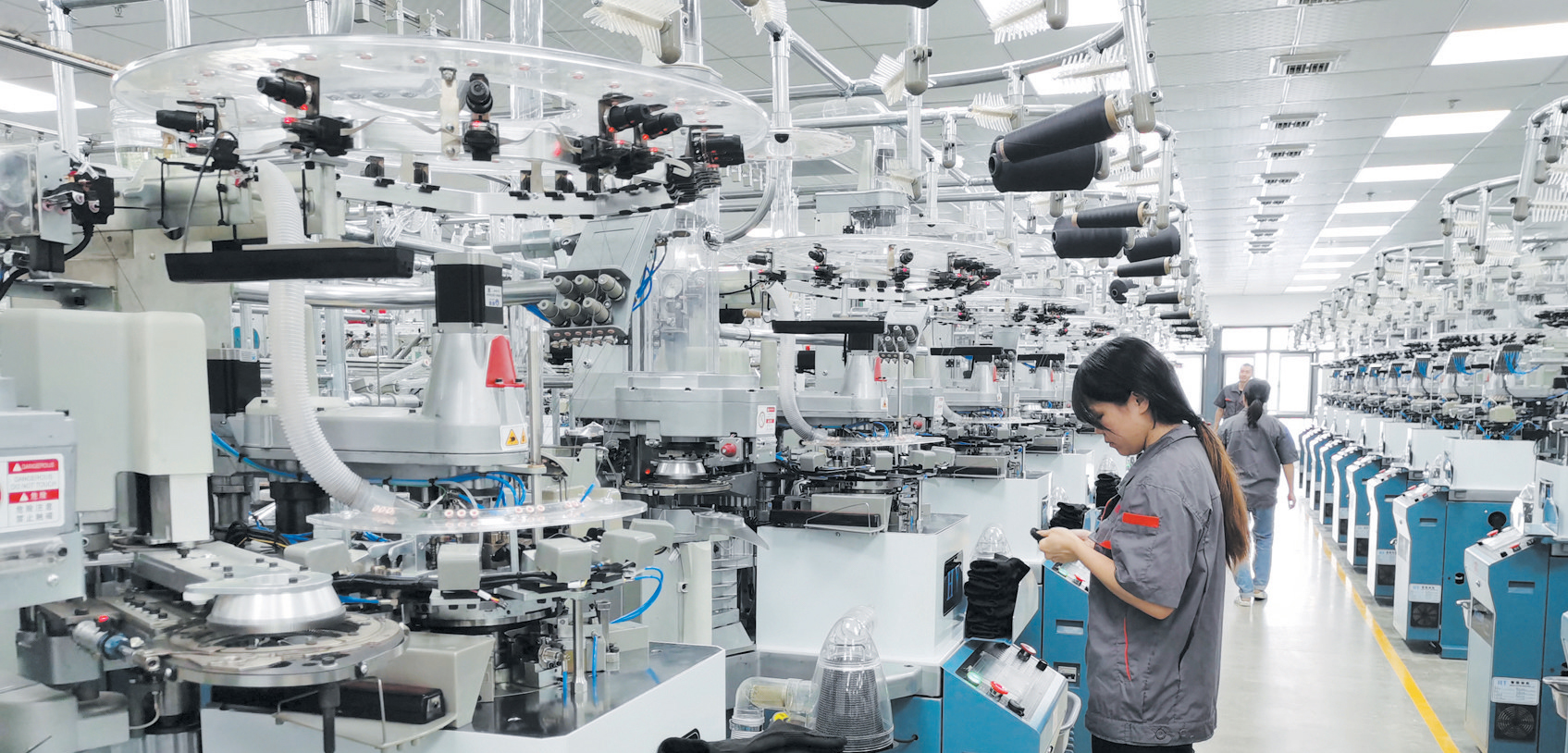-
what is the 8-point campaign for anti-corruption?
-
consumption tax reform
-
Hong Kong bets on tech financing
-
2025: does PRC industrial AI have an edge?
monitoring
recent commentary
-
growth modelNPC legislative agendadraft legislation and trendsexternal law...read more15 May 2025
-
ag bankingfarm upscalingnon-tariff barriersag market accessag industrialisationag subsidiesag riskfood security strategyfood consumptionfeeddairymeat...read more15 May 2025
-
wait-and-see fiscal approach after tariff de-escalation
growth modelcentral budget...read more14 May 2025
-
new rules for central environmental inspections
watersoilecological civilisationprotected area systemenvironmental lawbiodiversityrubbish and solid waste pollutionmarine environmentforestswildlife...read more13 May 2025
-
Ren Zepingmacroeconomist and Vice President of the China Private Economy Research Association, Chief Economist at Zhongyuan Bank YuWa Population Research
-
Tu XinquanUIBE (University of International Business and Economics) WTO Research Institute director
analysis
month in focus
monthly roundup of major developments
keep in touch with current thinking
sign up for our complimentary monthly roundup



